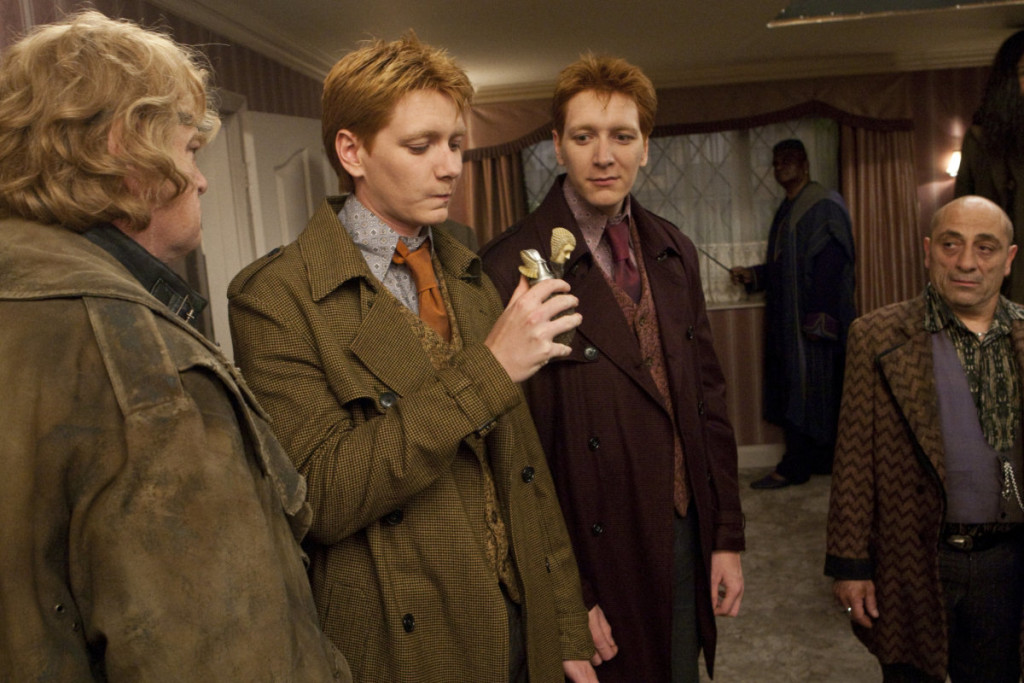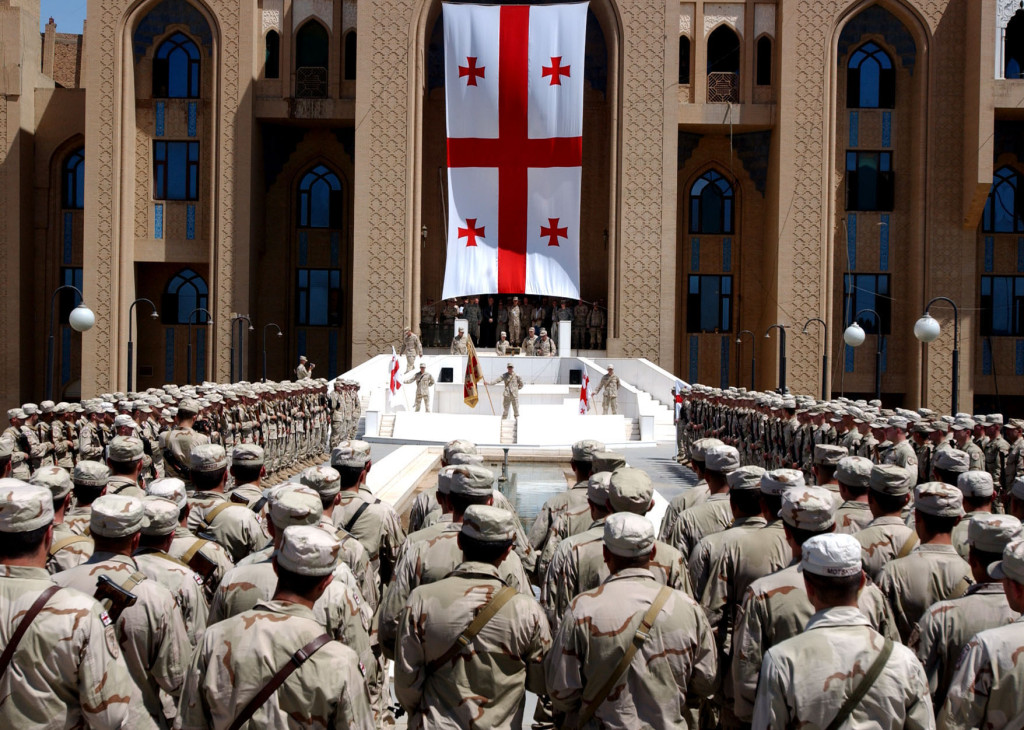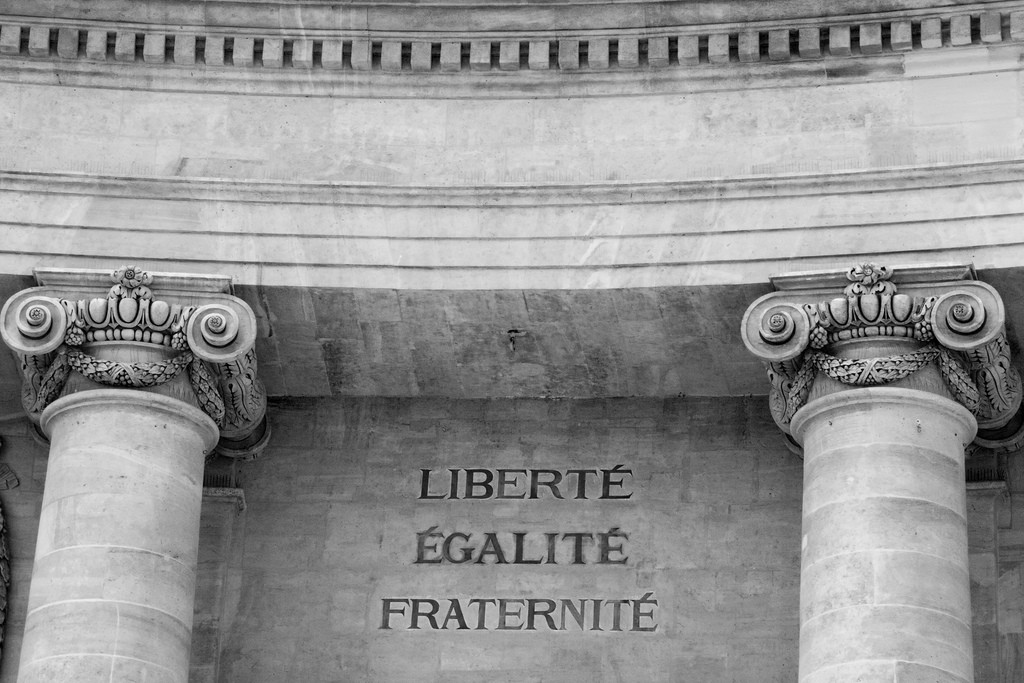
Fred and George: The Greatest Freedom Lovers in Harry Potter
The magic of the Harry Potter franchise lies not in all the wand waving, but rather in the strong willingness of the protagonists to fight for liberty. Be it as small as opposing nonsensical school rules, or as grandiose as combatting the authoritarian Ministry of Magic, the main characters are there to step up for their freedoms.











